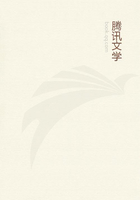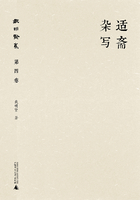These pecuniary transactions are commonly considered as the most disgraceful part of the history of those times: and they were no doubt highly reprehensible. Yet, in justice to the Whigs and to Charles himself, we must admit that they were not so shameful or atrocious as at the present day they appear. The effect of violent animosities between parties has always been an indifference to the general welfare and honour of the State. A politician, where factions run high, is interested not for the whole people, but for his own section of it. The rest are, in his view, strangers, enemies, or rather pirates. The strongest aversion which he can feel to any foreign power is the ardour of friendship, when compared with the loathing which he entertains towards those domestic foes with whom he is cooped up in a narrow space, with whom he lives in a constant interchange of petty injuries and insults, and from whom, in the day of their success, he has to expect severities far beyond any that a conqueror from a distant country would inflict. Thus, in Greece, it was a point of honour for a man to cleave to his party against his country.
No aristocratical citizen of Samos or Corcyra would have hesitated to call in the aid of Lacedaemon. The multitude, on the contrary, looked everywhere to Athens. In the Italian states of the thirteenth and fourteenth centuries, from the same cause, no man was so much a Pisan or a Florentine as a Ghibeline or a Guelf. It may be doubted whether there was a single individual who would have scrupled to raise his party from a state of depression, by opening the gates of his native city to a French or an Arragonese force. The Reformation, dividing almost every European country into two parts, produced similar effects. The Catholic was too strong for the Englishman, the Huguenot for the Frenchman. The Protestant statesmen of Scotland and France called in the aid of Elizabeth; and the Papists of the League brought a Spanish army into the very heart of France. The commotions to which the French Revolution gave rise were followed by the same consequences. The Republicans in every part of Europe were eager to see the armies of the National Convention and the Directory appear among them, and exalted in defeats which distressed and humbled those whom they considered as their worst enemies, their own rulers. The princes and nobles of France, on the other hand, did their utmost to bring foreign invaders to Paris. A very short time has elapsed since the Apostolical party in Spain invoked, too successfully, the support of strangers.
The great contest which raged in England during the seventeenth century extinguished, not indeed in the body of the people, but in those classes which were most actively engaged in politics, almost all national feelings. Charles the Second and many of his courtiers had passed a large part of their lives in banishment, living on the bounty of foreign treasuries, soliciting foreign aid to re-establish monarchy in their native country. The King's own brother had fought in Flanders, under the banners of Spain, against the English armies. The oppressed Cavaliers in England constantly looked to the Louvre and the Escurial for deliverance and revenge. Clarendon censures the continental governments with great bitterness for not interfering in our internal dissensions.
It is not strange, therefore, that, amidst the furious contests which followed the Restoration, the violence of party feeling should produce effects which would probably have attended it even in an age less distinguished by laxity of principle and indelicacy of sentiment. It was not till a natural death had terminated the paralytic old age of the Jacobite party that the evil was completely at an end. The Whigs long looked to Holland, the High Tories to France. The former concluded the Barrier Treaty; the latter entreated the Court of Versailles to send an expedition to England. Many men, who, however erroneous their political notions might be, were unquestionably honourable in private life, accepted money without scruple from the foreign powers favourable to the Pretender.

